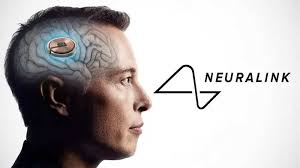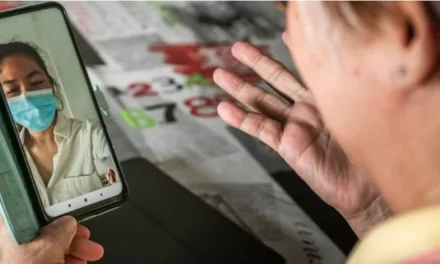In a groundbreaking announcement on Saturday, Elon Musk, the CEO of Tesla and SpaceX, revealed that his brain-computer interface company, Neuralink, has achieved significant progress in restoring full body control for individuals with paralysis. Neuralink successfully implanted a brain chip in its first human participant, Noland Arbaugh, in the United States. Following this milestone, the company is now seeking applications for a second participant to receive a chip implant.
“Long-term, I think we can bridge severed nerve signals to a second Neuralink in the spine, restoring full body control,” Musk posted on the X social media platform.
Arbaugh, the world’s first recipient of a Neuralink implant, has demonstrated the ability to achieve “telepathic control of a computer or phone just by thinking,” Musk added.
Neuralink has chosen a second participant for its chip implant program, who will soon learn about Arbaugh’s life-changing experiences. The company has received approval from the US Food and Drug Administration (FDA) for human trials, known as the PRIME (Precise Robotically Implanted Brain-Computer Interface) trials. These trials are designed to assess the safety of the N1 implant and the R1 surgical robot, evaluating the initial functionality of the wireless brain-computer interface to help people with paralysis control external devices using their thoughts.
Performance of the First Recipient
Following his surgery, Arbaugh has used the Neuralink implant to control his laptop from various positions, including while lying down in bed. According to the company, he plays online computer games such as Chess and Civilization VI, browses the internet, live streams, and uses other applications on his MacBook, all by controlling a cursor with his mind.
Arbaugh even used the brain chip to play Mario Kart on a Nintendo Switch console. He expressed that the technology has helped him reconnect with the world, his friends, and his family. It has given him the ability to perform tasks independently, reducing his reliance on his family for constant assistance.
Neuralink’s advancements mark a significant step forward in the field of brain-computer interfaces, offering new hope and possibilities for individuals with paralysis. As the company continues its trials and seeks additional participants, the future of this technology looks promising, potentially transforming the lives of many more people in the years to come.












